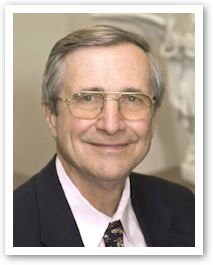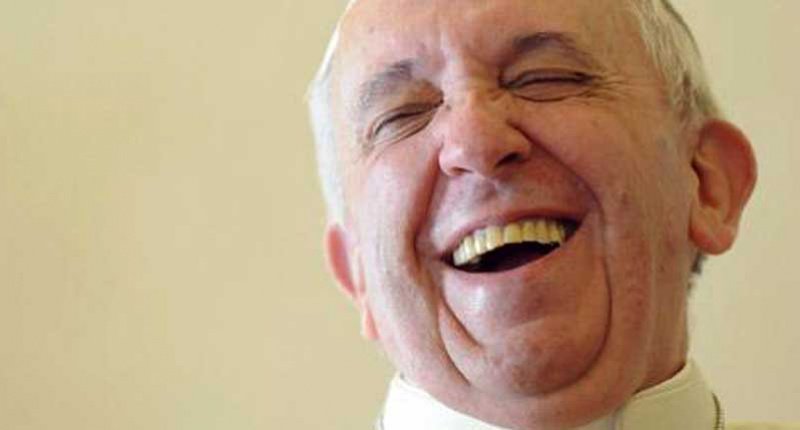“The holy fear of the Lord is the beginning of Wisdom.”- Prv 9:10

-by Peter Kreeft
“The Church’s teaching about life after death is summarized in the Four Last Things — death, judgment, heaven, and hell. However, even humanity outside the Church instinctively knows something about these four things.
Life’s one certainty is death. Everyone knows this, though not everyone knows what comes next. Nearly all religions, cultures and individuals in history have believed in some form of life after death. Man’s innate sense of justice tells him that there must be an ultimate reckoning, that in the final analysis no one can cheat the moral law and get away with it or suffer undeserved injustices throughout life and not be justly compensated. Since this ultimate justice does not seem to be accomplished in this life, there must be “the rest of the story.”
This instinctive conviction that there must be a higher, more-than-human justice is nearly universal. Thus the second of the Four Last Things, judgment, is also widely known. As Scripture says, “Whoever would draw near to God must believe that He exists and that He rewards those who seek Him” (Heb 11:6). The final judgment is an encounter with Christ.
Most men also know that justice distinguishes the good from the evil and, therefore, that after death there must be separate destinies for us — rewards for good and punishments for evil. Thus mankind also usually believes in some form of heaven and hell.
There are only two eternal destinies: heaven or hell, union or disunion with God. Each one of us will be either with God or without Him forever. If hell is not real, the Church and the Bible are also liars. Our basis for believing in the reality of hell is exactly the same authority as our basis for believing in the reality of heaven: Christ, His Church, and her scriptures.
If hell is not real, then Jesus Christ is either a fool or a liar for He warned us repeatedly and with utmost seriousness about it. There is no reincarnation, no “second chance” after time is over. There is no annihilation, no end of the soul’s existence. There is no change of species from human being to angel or to anything else.
The particular judgment occurs immediately after each individual’s death. The general judgment takes place at the end of all time and history.
So the scenario of final events is: (a) first, death; (b) then, immediately, the particular judgment; (c) then, either hell, or purgatory as preparation for heaven, or heaven; (d) and, at the end of time, the general judgment; (e) and the “new heavens and new earth” for those who are saved.”
-from “Sinners in the Hands of an Angry God”, by Jonathan Edwards, (1703-1758)
“O sinner! Consider the fearful danger you are in: it is a great furnace of wrath, a wide and bottomless pit, full of the fire of wrath, that you are held over in the hand of that God, Whose wrath is provoked and incensed as much against you, as against many of the damned in hell. You hang by a slender thread, with the flames of divine wrath flashing about it, and ready every moment to singe it, and burn it asunder; and you have no interest in any Mediator, and nothing to lay hold of to save yourself, nothing to keep off the flames of wrath, nothing of your own, nothing that you ever have done, nothing that you can do, to induce God to spare you one moment.
It is everlasting wrath. It would be dreadful to suffer this fierceness and wrath of Almighty God one moment; but you must suffer it to all eternity. There will be no end to this exquisite horrible misery. When you look forward, you shall see a long forever, a boundless duration before you, which will swallow up your thoughts, and amaze your soul; and you will absolutely despair of ever having any deliverance, any end, any mitigation, any rest at all. You will know certainly that you must wear out long ages, millions of millions of ages, in wrestling and conflicting with this almighty merciless vengeance; and then when you have so done, when so many ages have actually been spent by you in this manner, you will know that all is but a point to what remains.”
Love, and holy fear & trembling,-Phil 2:12,
Matthew


